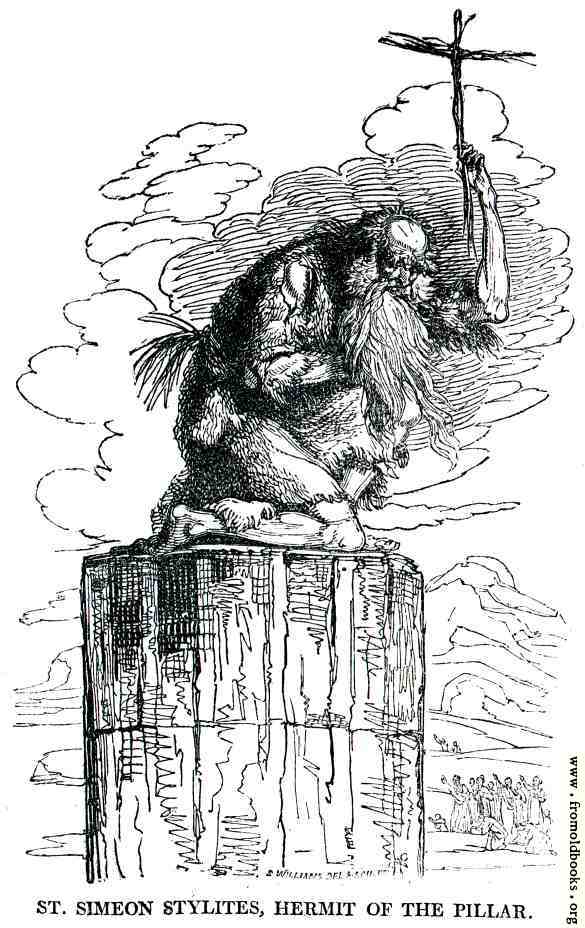31 down, 19 to go
THE BRIDGE OVER THE RIVER KWAI
by Pierre Boulle
(Rating: 4 stars; objectionable material in book: a main character is alcoholic, considerable and diverse violence, censored obscenities and uncensored racial slurs.)
(Important note: the book ends differently from the film The Bridge on the River Kwai.)
Plot Synopsis
“...the combination of individual characteristics which contributed to Colonel Nicholson’s personality (sense of duty, observance of ritual, obsession with discipline, and love of the job well done)...could not be better described than by the single word snobbery.”
The story begins with the British Army Colonel Nicholson’s battalion in captivity in Siam, forced to build a railroad bridge over the Kwai River which separates Malaysia from the rest of Asia. The Japanese need it built within six months so they can continue advancing into the continent. Colonel Saito, the Japanese commander of the project, is overwhelmed by the task. He drinks heavily and abuses the prisoners to relieve his frustration. He thus comes into conflict with Nicholson, who insists upon Saito obeying the Geneva conventions. Nicholson's men take advantage of the conflict to sabotage the construction as much as possible.
Nicholson has no power over Saito, but is a far stronger man. (It's hard to win a battle of wills if you're a alcoholic, I suppose.) Even after vicious beatings, underfeeding, and solitary confinement, Nicholson demands Saito respect his battalion’s rights as POWs. Eventually Saito caves in, and lets Nicholson direct his soldiers’ work. In response, he stops the sabotage and makes his men build the bridge right, making it a masterpiece of its time and place (and more useful to the Japanese – a fact Colonel Nicholson doesn’t mind in the least).
Meanwhile, a three-man sabotage team from the British “Plastics and Destruction Co., Ltd.” (based on "Force 136," the Southeast Asian branch of the British Special Operation Executive) heads out to destroy this bridge. They find the bridge and prepare explosive charges, which they will set off on the day the bridge is opened to traffic. The charges are placed on the piles of the bridge, slightly below water level. The saboteurs put their least experienced member, a young engineer named Joyce, in charge of detonating the main charge. Joyce, who spent his adult life trying to redesign a bridge girder so it would use less metal, loses his mind and becomes obsessed with “DESTRUCTION.”
And then the River Kwai’s water level goes down a couple feet, exposing the charges to view.
MY OPINIONS ON THE BOOK
The Bridge Over the River Kwai is best at suspense. (Which is why my plot synopsis is left incomplete.) The ending of the story is perfectly consistent with the book yet unforeseeable. It is also rather disturbing.
However, the two main characters, Col. Nicholson and Joyce, are a little unbelievable. I doubt there are that many colonels who would switch allegiance, aid in the downfall of their nation’s forces, and deliberately thwart said nation’s military, simply because of their devotion to duty and good workmanship, and I would expect Joyce had something in his life more important than redesigning a bridge girder, something which would have kept him from losing his mind.
Anyway, both Nicholson and Joyce lose their minds, and instead devote themselves to their work – Nicholson to building a good bridge, Joyce to blowing up the bridge. In Joyce’s case it’s a reaction to a feeling of futility (who wants to spend his life redesigning one single kind of bridge girder?) and in Nicholson’s case it’s a desire to make a name for himself. Neither have any other purpose to their work. And therefore they both end badly.
To borrow an idea from EegahInc...
I will end this with a quote from the Catechism.
The sign of man's familiarity with God is that God places him in the garden. There he lives "to till it and keep it". Work is not yet a burden, but rather the collaboration of man and woman with God in perfecting the visible creation.
Follow that and you won't suffer Nicholson's fate. Or Joyce's.
(I promise.)








|